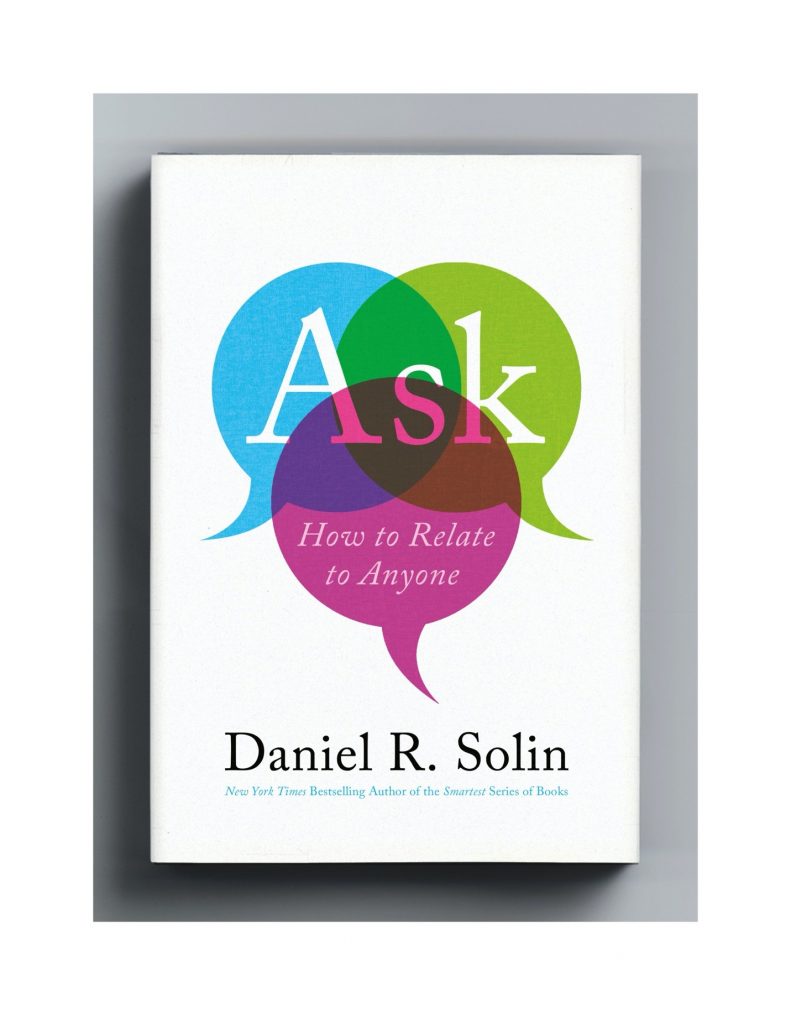
The pandemic has wreaked havoc on our lives in ways unimaginable only a few months ago. The world’s economy is reeling. The gyrations in the stock market are stomach churning. All this pales in comparison to the loss of life in the U.S. and elsewhere, and the emotional toll taken upon survivors who can’t be with their loved ones when they are needed the most.
It’s not easy to discern anything positive from this horrible series of adverse events, but I have learned some lessons from our new reality. I wanted to share one of them with you.
Resist giving advice
A friend called and told me his son was asked to return to his job in a restaurant that was just permitted to reopen. He asked me this question: If it was my son, what would I tell him?
I had to resist the temptation to give advice. Instead, I asked a series of questions:
- Have you discussed this issue with your son?
- How does he feel about it?
- How does he evaluate the pros and cons?
- What are your views?
- How are you dealing with your anxiety?
- What can I tell you that you might find helpful?
At the end of the conversation, he thanked me for my “insights” (even though I shared none).
He just wanted to be heard. I’m sure he and his son will make the right decision for them.
My initial inclination is typical. We’re easily tempted to give advice. It’s practically part of human nature. Giving advice is highly pleasurable – for those giving it.
Most issues are highly nuanced, with lots of variables. Often, we’re not qualified. We may not fully appreciate the context. Our advice may be more theoretical than practical.
I checked all those boxes. I’m not an infectious disease expert. I don’t know his son and have no understanding the issues confronting him (financial, emotional, his workplace environment or others). It would be impossible for me to give practical advice under these circumstances.
These reasons pale in comparison to the primary reason for not giving advice: It’s a relationship killer.
We want to feel our advice is making a positive contribution but the message (intentional or not) is that the other person is pretty stupid not to have considered our option.
Advice offered in the heat of the moment is rarely adopted and almost always viewed as an intrusion. Even when people appear to be asking for your advice, they are more likely seeking validation of a decision they’ve already made.
In times of uncertainty, we are anxious and afraid. Friends and family may reach out to talk. It may seem like they are asking for advice. It’s more likely they just want you to listen.
Here’s my suggestion: Resist the temptation to give advice. Be empathetic instead.
Ask Is Now Available For Immediate Shipment
- Buy a copy of Ask (hardcopy, Kindle, audiobook).
- Send your friends and family copies of Ask
- As a favor to me, please consider leaving a review of Ask on Amazon.
(To search for Ask on Amazon, you need to start inputting the subtitle: How to Relate to Anyone)
Thank you!

